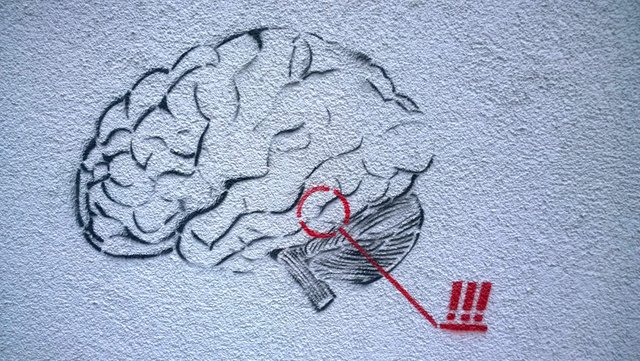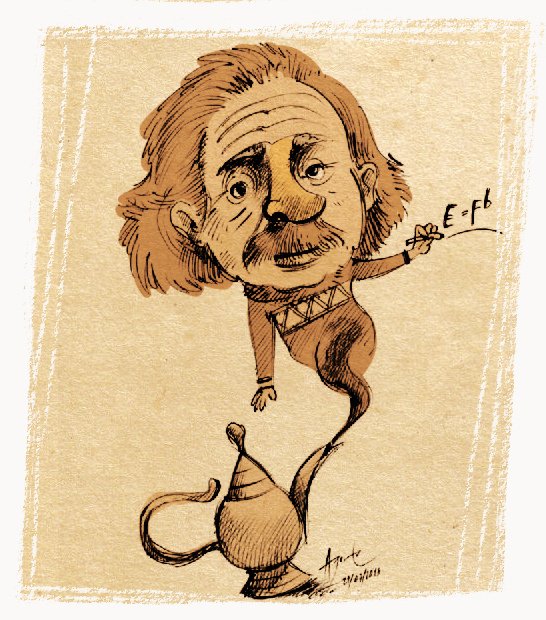
Does the possession of knowledge carry an ethical responsibility?
Knowledge has always played a large role in human society. Some knowledge is gained
unwillingly, some of it we gain free of charge, yet some of it we pay for and some we would
rather not have.
The Oxford dictionary defines knowledge as “facts, information, and skills acquired through experience or education".
As the term already suggests, ethical responsibility is the obligation of someone to act ethically. More specifically, it is the responsibility of “being in accordance with the rules or standards for right conduct or practice”. Therefore, throughout this essay, the term “ethical responsibility” will be meant as the responsibility of an individual to act in accordance to the needs or benefits of the greater good of society.
An issue of knowledge which comes to mind when considering this topic is how one can know to act ethically. This can be evaluated by considering the different ways of knowing. In my opinion, all ways of knowing apply to knowing how to act in an ethical manner. In taking the stance of ethics being a part of human nature, understanding ethics comes through emotions and sense perception. For example, you would experience negative emotions while sensing or perceiving an unethical action you have done. In taking the stance of ethics being a human construct, knowing through language and reason come into the picture. Language, in this case, is what allows humans to learn from other humans how to act in an ethical manner, and reason allows people to understand the general idea and pattern behind ethics. Therefore, knowing how to act in an ethical manner, can either be through emotion and sense perception, or reason and language.

It is important to understand at this point that ethical responsibility requires a human society to exist. This is because facts cannot have an impact on anything if it does not have a way causing a physical change or action. Abu Bakr once said that “Without knowledge action is useless and knowledge without action is futile.” Although this claim lacks any evidence to support it, its message seems very reasonable. The second part of the statement is of particular value, as it emphasizes that action is needed for knowledge to have any impact. If I, for example, would know to eradicate poverty across the globe, my knowledge would only make a difference if I would act on it.
A classic example of a situation in which knowledge had a very noticeable impact, was the realization that splitting an atom yields massive amounts of energy. Albert Einstein, at the time, was considered a very influential scientist, and therefore urged Franklin D. Roosevelt to invest in the engineering and production of atomic bombs. Although whether the use of atomic bombs in the second world war was justifiable or not is still debated today, however the fact that this piece of knowledge was turned into a weapon which killed people can't be denied. This is a clear case of the possession of knowledge having the potential to act in accordance with the needs and benefits of the greater good of society. Clearly an ethical responsibility.

On the other hand, I am able to think of knowledge which doesn't seem to affect other people. For example, my knowledge of Narnia is extremely unlikely to harm other people. Although a situation may arise in which this knowledge would be extremely valuable, such a situation is so unlikely that thinking of an environment in which that happens is very difficult. What is noteworthy about this example, is that the insignificance of this kind of knowledge appears to be due to its fictional nature. For example, knowledge of the characters of a fictional novel would equally have very little impact on other people, and therefore close to no ethical responsibility. Hence, some information does not, or hardly carries any ethical responsibility. Carrying this idea further, a trend in argumentation can be determined. The degree to which a piece of knowledge carries ethical responsibility is proportional to the impact it can have on the needs and benefits of the greater good of society.
By interpreting the possession of knowledge from a different perspective, the possession of knowledge can always be found to carry some ethical responsibility. The previous statements rely on the assumption that knowledge is something which is owned by individuals. However, if ethical responsibility is measured by the impact actions have on the “greater good of society”, it would be more advantageous if society would act together in order to pursue this path. If knowledge is considered to be personal, and not shared, people as a group will never be able to acquire all the information needed to pursue the best path possible. Carl Jung stated that "The maintenance of secrets acts like a psychic poison which alienates the possessor from the community". This quote describes the effect of the retention of knowledge on individuals. However, this affects all other people too, because having people isolated from society causes potentially valuable information to be lost with the individual. Therefore, if considering knowledge as a possession of all humans as a group, any retention of knowledge could be considered unethical, thus giving the possession of all knowledge an ethical responsibility.

A personal example I can use to relate to this question, which very likely played a large role in forming my opinion on this topic, has to do with a stinkbomb. About four years ago, two friends of mine and I got some rather harmless stink bombs. They caused no physical harm to people, were made of a reaction of Hydrogen Sulfide, and released a devastatingly strong smell of rotten eggs. So my friends and I thought it would be a funny idea to set off one of these stink bombs in our school’s basement. Even though we knew that this would cause unhappiness to the people around us, we decided to do it anyway. I was ethically irresponsible. At the time, the knowledge of what would happen from our actions seemed trivial. Eventually the punishment dealt out by our school taught me the hard way that certain knowledge can carry responsibility.
To conclude, the examples above suggest both that some knowledge does and does not carry ethical responsibility. In general terms, though, information carries ethical responsibilities proportional to the importance of this knowledge in terms of the effect it can have on your surroundings. In the case of the knowledge of the video game, its effect on the surroundings are minor, therefore giving its possession close to no ethical responsibility. Conversely, in the case of harvesting nuclear energy, its effect on the surroundings are massive, therefore tying a strong ethical responsibility with its possession.
Although the claim: “The possession of knowledge carries an ethical responsibility” seems very reasonable, based on the previous arguments I would have to say that it is a simplification of the actual state of the matter.
Moral truth to help elevate ourselves, others and the world, is a personal responsibility to share with others. Knowledge and truth needs to be shared for it to affect others to effect change. If no one speaks, then nothing changes. We each have responsibility to stand for truth, especially moral truth. Take care. Peace. Upped.
Downvoting a post can decrease pending rewards and make it less visible. Common reasons:
Submit
Strong words! <3
Downvoting a post can decrease pending rewards and make it less visible. Common reasons:
Submit
did not read more than headline.
of course it does. imagine lonely person. for him/her, ethics would be 'don t harm yourself' - same as simple reflex of keeping self-sustained advices
so it s kind of test for smartness - will brain (+ it s owner/holder) damage itself or not.
Downvoting a post can decrease pending rewards and make it less visible. Common reasons:
Submit
I like the first thing you say there but not too sure about the second.
Downvoting a post can decrease pending rewards and make it less visible. Common reasons:
Submit